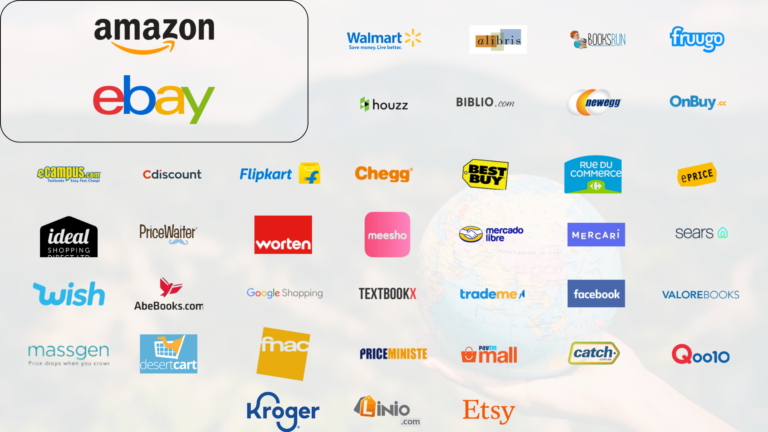When it comes to e-commerce, Amazon and eBay are often the first names that come to mind, isn’t it? These giants have undeniably shaped the online retail landscape, but relying solely on them can limit your brand’s growth potential. To truly maximize your success, it’s essential to explore the wealth of opportunities available on other marketplaces.


To illustrate the impact of marketplace diversification, consider a mid-sized electronics brand that was struggling on Amazon. By branching out to Newegg, Rakuten, and regional platforms in Europe and Asia, the brand achieved a 20% increase in sales within just three months. This shift allowed them to reach audiences that were more engaged with their product category.
Similarly, a fashion brand that expanded into niche platforms like Poshmark and Depop saw a 30% boost in online sales. These platforms catered specifically to fashion-forward consumers, helping the brand stand out in a crowded market.
Alex Sklar, an expert from Payability, emphasizes the importance of diversification: “In today’s competitive e-commerce environment, embracing a multi-channel approach is crucial. Diversifying across various marketplaces not only helps mitigate risk but also uncovers new customer segments that can drive growth.”
As the e-commerce landscape continues to evolve, new marketplaces will emerge, and consumer preferences will shift. Brands that proactively explore and optimize across multiple platforms will be better positioned to capture market share and drive sustainable growth. Staying informed about industry trends and technological advancements will be key to maintaining a competitive edge.
Regards,
Rupesh